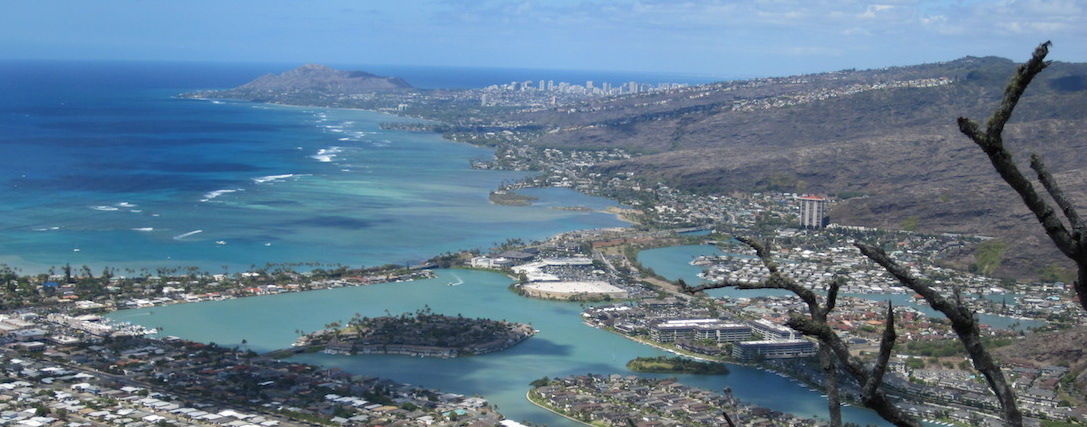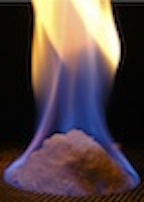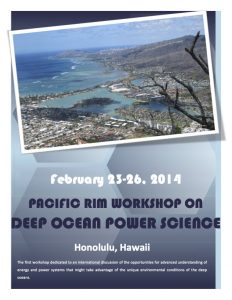This was the first workshop on this subject oriented toward direct hydrate utilization.

It delivered a research agenda involving the Pacific Rim participants investigating both high-pressure combustion (energy extraction) and clathrate-based sequestration strategies.
Specifically, the workshop outlined possible international and collaborative studies associated with the novel fundamental processes associated with fossil fuel utilization and pollution mitigation at conditions approximating those of the deep oceans.
The workshop included concepts for unique experimental facilities needed to provide a critical scientific underpinning to inform policy decisions of global importance associated with utilizing fossil resources. Already there are ideas for the direct combustion of hydrates, the release of methane gas from hydrate sources and its subsequent energy extraction, the deep ocean burning of gas from wells, or the reformation of this gas to syngas for alternate fuel use. Unfortunately, combustion at the relevant pressures and water-in-fuel content has never been studied though more traditional combustion research shows that combustion chemistry and transport at high pressure produces remarkably different outcomes in ignition/extinction boundaries, soot formation, and stability.
The addition of high levels of water vapor to the fuel adds a further level of complexity that has not been explored extensively (except in our recent hydrate combustion work, which is limited to atmospheric pressure conditions). Likewise, the control of the carbon emitted from the fuel utilization processes encompasses a wide range of phase transformations of combustion products in brine (including the formation and dissolution of CO2 hydrates) as the temperature of these products falls rapidly with ambient mixing. Since CO2 forms hydrate at the deep ocean conditions, it is possible to replace the methane hydrates with CO2 hydrates and prevent environmental carbon release. It has been shown, however, that dissolution of the hydrates driven by equilibrium considerations dissolves the CO2 into the surroundings (plumes, etc.).
The role of natural or artificial diffusion barriers for stabilizing the CO2 hydrates has not been studied. The workshop explores these topics with participants interested and involved in exploring the scientific opportunities associated with the in situ combustion of methane hydrates followed by hydrate sequestration of CO2, as well as those of other deep ocean energy extraction and utilization processes.


